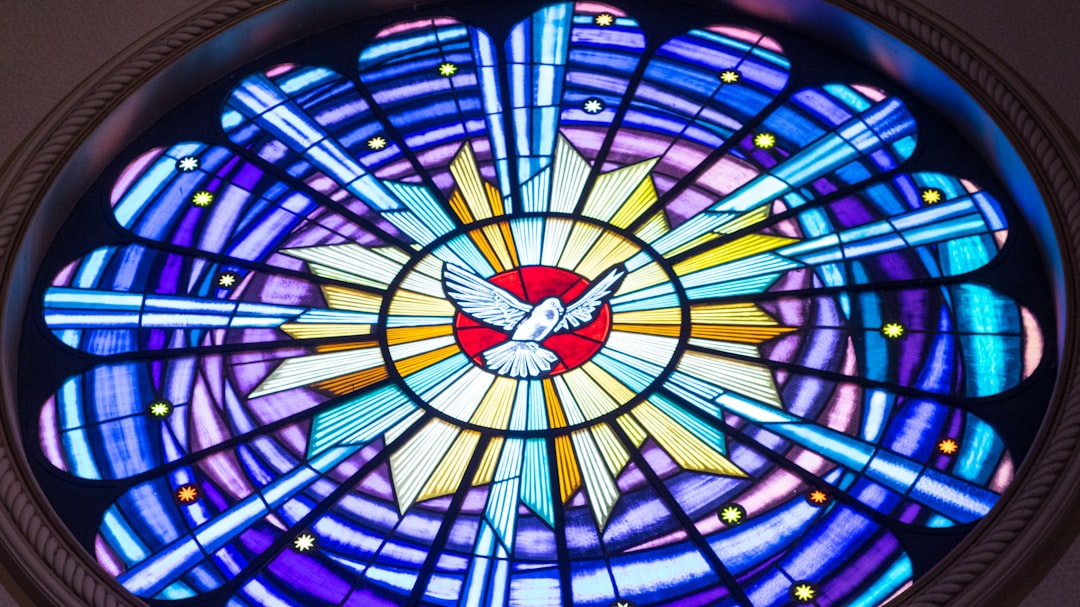What is it about?
The vast majority of Japanese say they are "without religion," but what do they mean when they say that? Through numerous in-depth interviews, this article pulls back the curtain on what it means to be "nonreligious" in contemporary Japan and how nonreligiousness creates space for new religious outlooks and movements.
Featured Image

Photo by Louie Martinez on Unsplash
Why is it important?
This is the first research article available that allows the Japanese to speak for themselves and to articulate in their own words what exactly it is they mean when they say they are "nonreligious" and how such feelings can influence the choice to be married before God, the Buddha, Kami, or to forgo a religious option altogether.
Perspectives
The available statistics would give the impression that Japan is one of the most secular countries in the world but, for anyone who has taken a stroll through the streets of Tokyo, it is almost impossible to not go a block or two without encountering a shrine, temple, church, or some other religious building. This article takes the reader where the statistics cannot go and helps them see that statements of "nonreligiousness" in contemporary Japan are anything but straightforward rejections of religion.
Jesse LeFebvre
Harvard University
Read the Original
This page is a summary of: Christian Wedding Ceremonies "Nonreligiousness" in Contemporary Japan, Japanese Journal of Religious Studies, November 2015, Nanzan University,
DOI: 10.18874/jjrs.42.2.2015.185-203.
You can read the full text:
Contributors
The following have contributed to this page










